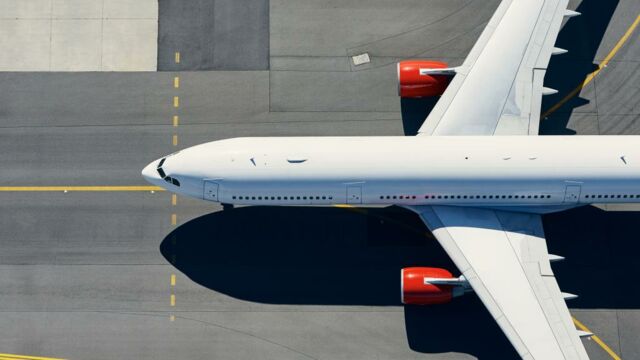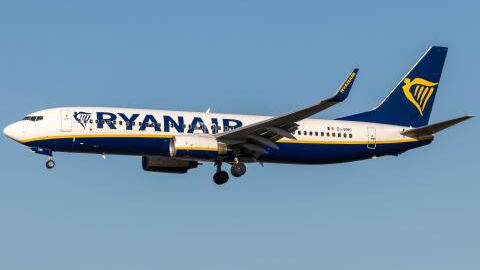In a world where travel and technology are becoming ever more popular, ‘smart’ bags may seem like a savvy option. Think again. Many airlines are banning this type of bag – which have built-in charging ports, Bluetooth, and Wi-Fi capabilities – because they often contain lithium batteries.
Discover our latest podcast
According to the Federal Aviation Administration (FAA), lithium batteries are not safe to carry on planes because of their ability to catch fire. While they are typically tolerated in carry-on luggage (it’s hard to avoid this because phones, laptops, and e-cigarettes contain them), the FAA states that these devices should always be turned off if packed in checked baggage.
But enough of the tech-talk. EasyJet, British Airways, and Ryanair have made their own rules about ‘smart’ bags.
The basics
The general rule of thumb on all three airways is that ‘smart’ bags are allowed as carry-ons if the passenger can remove the lithium battery. Likewise, ‘smart’ bags can be checked if the lithium battery is removed and carried onto the flight by the passenger.
That said, British Airways have several specifications about lithium batteries’ watt-hour (Wh). This refers to the energy it uses. Check the BA website to ensure your lithium battery is allowed to take-off. Warning: it can get confusing.

A cause for confusion
As reported by the Mirror, Twitter user and ‘smart’ bag carrier, Pandora Sykes, was denied boarding her EasyJet flight by the captain who cited safety concerns.
Soon after, the frustrated customer tweeted:
Easyjet quietly changed their Ts&Cs a few weeks ago without telling their customers.
EasyJet told Mirror:
For safety reasons and in line with CAA guidance, we require items containing lithium batteries such as smart bags to be disconnected before we can accept them onboard. As Ms Skyes wasn’t able to do so, we unfortunately couldn’t accept the bag onboard or in the hold and she was unable to travel on this occasion.
Aside from misspelling Ms Sykes name, EasyJet claims to ‘provide passengers with clear information on items which can be brought onboard and any restrictions’. If they’re anything like British Airways’ regulations, however, it might be easier to follow the FAA’s advice:
When in doubt, leave it out.
Read more:
⋙ Ryanair axes €10 flights, here's what you can expect
⋙ British Airways to cancel another 10,300 flights, this is how it could affect you















